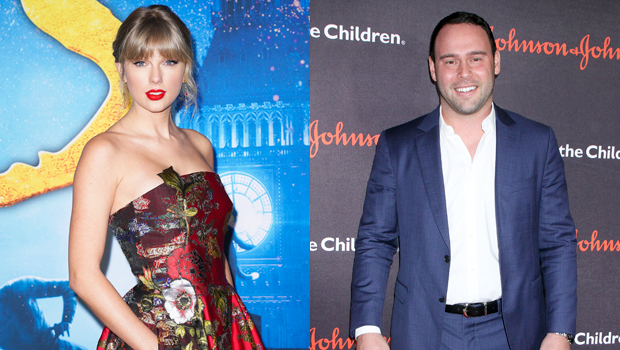The Genesis of the Feud
In the summer of 2019, a controversy erupted in the music industry, one that captivated audiences worldwide. At the center of this dispute were Taylor Swift, the multi-award-winning pop singer, and Scooter Braun, a prominent figure in the music business. The discordance between these two powerful entities was ignited when Braun’s company, Ithaca Holdings, purchased Big Machine Label Group, the record label that owned the master recordings of Swift’s first six albums.
Why Music Ownership Matters
For the uninitiated, the battle for music ownership might seem trivial. However, in the music industry, owning the master recordings, also known simply as “masters,” is a significant issue. Ownership of the masters grants the right to control, reproduce, and profit from the music tracks. This means that whoever owns the masters can determine how and where the music is used and profits from it. Consequently, when Braun acquired Swift’s masters, it stirred an emotional and professional whirlwind for the artist.

Swift’s Displeasure and Braun’s Response
Swift made her discontent known publicly, expressing her dissatisfaction with the way the deal was handled. She accused Braun of “incessant, manipulative bullying” and explained her anguish at not being given the opportunity to purchase her own masters.
Conversely, Braun maintained his stance, stating he was open to discussing with Swift but she had declined. The feud escalated, fans chose sides, and the media had a field day. The discord brought the age-old issue of artists’ rights and music ownership to the forefront.

The Impact on the Music Industry
This battle brought to light the precariousness of artists’ rights in the contemporary music business. Many industry insiders and fellow artists chimed in on the controversy, sparking debates on the transparency of record deals and the necessity for artists to have more control over their work. The feud has since led to a broader conversation about artists’ rights and the ownership of their work. Swift’s fight against Braun wasn’t just about her music—it served as a wake-up call for the entire music industry.
Swift’s Bold Move
Swift, never one to back down, announced her intention to rerecord her first six albums in an effort to regain control over her music. In doing so, she would effectively create new masters that she would own, thereby reducing the value of the original masters owned by Braun.
The Fallout and the Future
The Taylor Swift and Scooter Braun feud, while steeped in personal disputes, has triggered a sea change in the industry’s perception of music ownership. Artists are now more aware of their rights and are demanding more control over their intellectual property. This newfound enlightenment has the potential to cause a shift in the power dynamics within the music industry.
The feud, in all its complexity, continues to shape the conversation about artists’ rights, and it may very well redefine how business is done in the music industry. As we wait for this narrative to unfold further, it’s evident that this feud has been more than just a battle for music ownership—it’s a fight for the future of the music industry.
